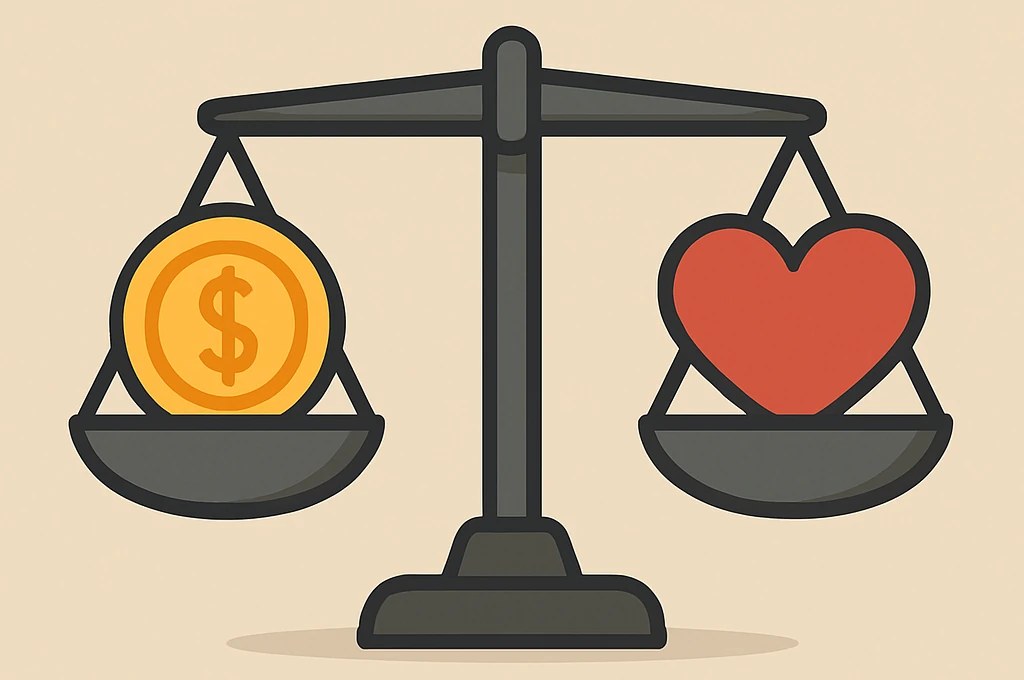Between broken promises, manipulative ads and increasingly disillusioned consumers: is ethics in marketing still possible, or just a beautiful illusion?
Has marketing lost its soul?
Once upon a time, marketing was about storytelling, creating value, building genuine relationships. But today, ethical marketing sounds almost like a contradiction. Deceptive ads, greenwashing, algorithms that play with our emotions, and personal data treated like raw meat—so here’s the uncomfortable but necessary question: has marketing lost its soul?
And if it has, who sold it—and for how many clicks?
When ethics is real (and visible)
All is not lost. There are companies and brands that have chosen not to cheat, who have placed transparency, sustainability, and respect for the customer at the center of their mission. Think Patagonia. Or Dove, with its Real Beauty campaign. Or Italian B-Corps like Alce Nero or Altromercato.
These are bold, counter-current choices, often less profitable in the short term, but capable of building trust—the real kind. Because when ethics is genuine, you can feel it.
When ethics is absent (and costly)
On the other side of the fence lies the digital Wild West. Influencers paid to lie, fake reviews, greenwashing, advertising campaigns that use fear or shame as emotional weapons.
Scandals abound. Remember Cambridge Analytica? Or the recent backlash against brands that used AI-generated influencers—that don’t even exist? All legal? Maybe. But legal doesn’t mean ethical. And eventually, the bill comes due.
Who has taken ethics seriously?
In recent years, ethics in marketing has moved out of conferences and into podcasts, TED Talks, and bestselling books. Some of the most authoritative voices:
- Philip Kotler, who in Marketing 3.0 and Marketing 5.0 tackled the fusion of humanity and technology.
- Seth Godin, a champion of “permission marketing” instead of manipulation.
- Naomi Klein, who exposed aggressive branding tactics in No Logo.
- Alexandra Samuel and John Grant, who coined the idea of mindful Green Marketing.
And yet, despite all the theory, practice is still lagging (far) behind.
The current state of things
The truth is, ethical marketing is still a niche. Digital has amplified our tools, but also expanded the grey areas. Few controls. A frantic rush to sell. A performance culture that crushes critical thinking. Consumers are more aware, yes—but also more confused, and often resigned.
We’re in a hybrid phase: between those who truly try, and those who just talk the talk.
An open question (and a request for advice)
At this point, rather than closing with an answer, I’d rather open a conversation.
To you who are reading: what book truly made you reflect on ethics in marketing?
Have you found words that changed the way you work—or shop?
Suggest a title and an author I can take on holiday with me.
Sign up for the newsletter. Stay updated!
We will send you periodical important communications and news about the digital world. You can unsubscribe at any time by clicking the appropriate link at the bottom of the newsletter.


Leave a Reply